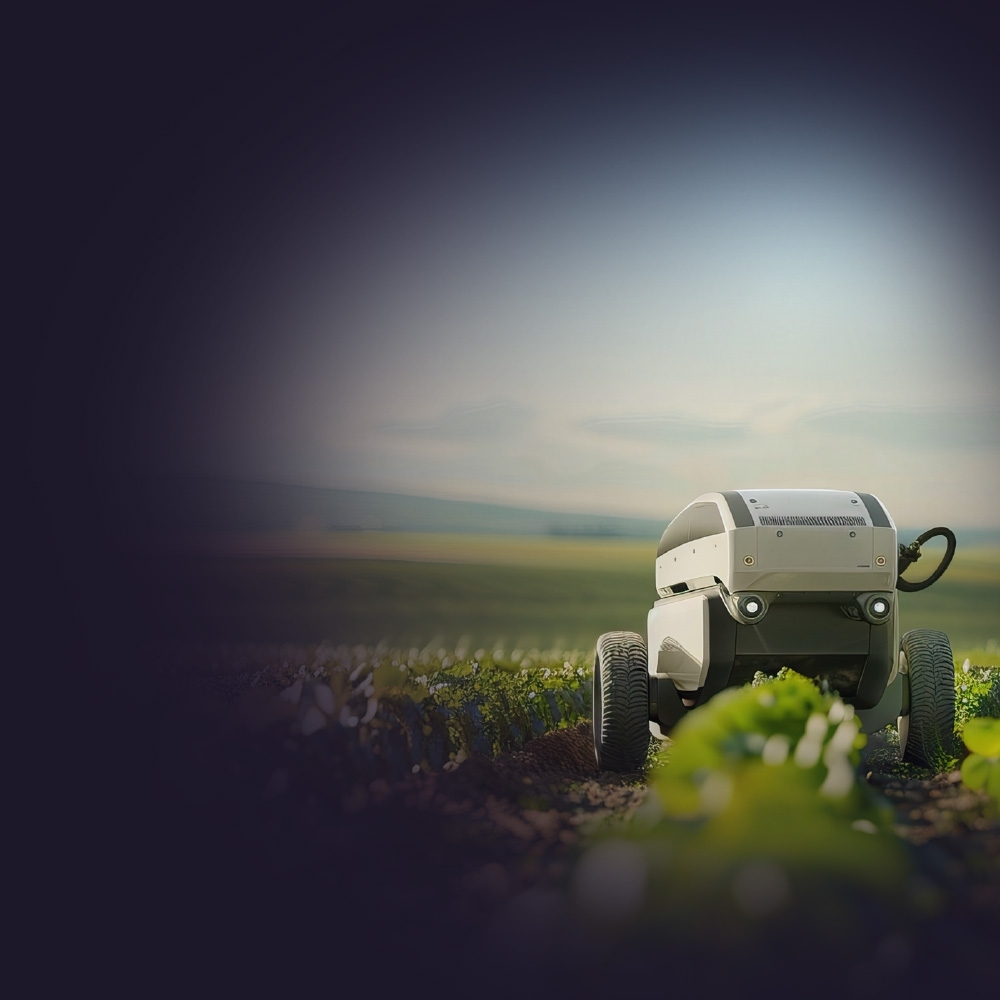Senior Associate
European Patent Attorney
UK Patent Attorney
UK Design Attorney
Postgraduate Certificate in Intellectual Property, Bournemouth University
MSci Mathematics, University of Bristol
Thank you
Joseph’s core interests lie in the fields of materials, manufacturing, sustainability and digital technologies. These stem from a varied route to a patent career, via mathematics and nuclear engineering. Joseph enjoys the process of getting absorbed 'into a creation' and appreciating the detailed work and thought that goes into it. He also enjoys the diversity of working with clients of all sizes from large international companies, to UK-based SMEs and independent inventors.
Since joining Keltie in 2017, Joseph has worked on many aspects of the patents cycle including patent drafting, prosecution in the UK, Europe and worldwide, oppositions and freedom-to-operate assessments. He has also gained a great deal of experience working on designs, in relation to filing design applications as well as search and clearance projects.
Joseph qualified as a European Patent Attorney in 2021 and as a UK Patent and Design Attorney in 2024.
Before Keltie, Joseph worked as a nuclear safety case engineer on the Hinkley Point C and Sizewell C projects. Joseph’s principal focus was on the design of Hinkley Point C’s hazards protection systems.
Joseph graduated from the University of Bristol in 2013 with a Master’s degree in Mathematics. During his degree, Joseph’s studies included Newtonian mechanics, ordinary and partial differential equations, fluid dynamics, quantum physics, relativistic field theory, quantum computing, information theory and computational mathematics.

08.07.2025
Q&A with Richard Lawrence: Real-world IP for a fast-moving worldThe IAM Patent 1000 is a respected global guide to leading patent professionals and firms. With over two decades of experience at the forefront of intellectual property law, Richard Lawrence brings both technical depth and commercial clarity to the complex worlds of cryptography, telecoms, AI, and quantum computing.

13.01.2025
Protecting IP in agricultureProtecting IP is crucial as agriculture develops innovative techniques and technologies that improve productivity, sustainability, and resilience and move farming to net zero. Here is everything you need to know about patents in agriculture and farming.
06.08.2024
CRISPR patent battle updateOtherLess related knowledge
Thank you